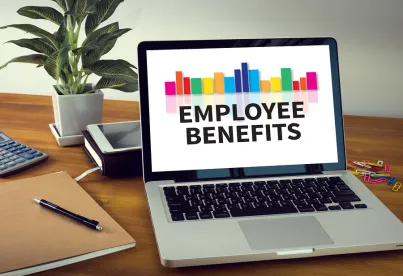Last month, the IRS made an interesting ruling that highlights a creative idea some employers are using to attract and retain skilled younger employees using employee benefits. One of the common complaints of millennials is that they’re too burdened with debt to think about contributing to their retirement plans. Studies have shown that at least 33 percent of the workforce under 35 years old has student debt of more than $35,000, and Forbes Magazine recently said that assistance with student loan repayment is one of the top work benefits that can make millennials happy. If – like most employers – your company maintains a 401(k) plan, there’s a solution that could give you a leg up in appealing to this demographic without the hassle of administering a new benefit plan.
The IRS ruling arose because one employer proposed amending its 401(k) plan to include a student loan repayment benefit that would give employees with significant student loan debt an opportunity to participate in the 401(k) plan. The employer already provided a generous matching contribution of five percent of employee compensation if an employee contributed two percent or more of compensation to the plan. The employer proposed employees to instead enroll in a voluntary student loan benefit program under which the employer would make a five percent “matching” contribution on behalf of any employee who made a student loan repayment of two percent or more of their compensation. (This would technically be a nonelective employer contribution, since it would not “match” any employee contributions, but it would replace the employer matching contributions for those receiving the nonelective employer contribution.) Employees who enroll in the voluntary student loan benefit program would have this nonelective contribution replace their normal matching contribution, and employees who did not enroll would still be eligible for the normal matching contribution.
In a Private Letter Ruling, the IRS ruled that the proposed program would not violate 401(k) plan rules. It’s important to note that Private Letter Rulings only apply to the party requesting the ruling, but they are generally taken as insight into how the IRS views a particular issue, so this is an encouraging development for employers and their younger employees alike. In this case, the IRS stated that participation in the proposed program must be voluntary, and participants who make student loan repayments must also be permitted to make elective deferrals. The nonelective contributions matching the student loan payments would still be subject to the usual qualification rules, such as vesting, coverage, nondiscrimination testing, contribution limits, and eligibility and distribution rules. Furthermore, the employer must not extend any student loans to employees eligible for the program.




 />i
/>i
